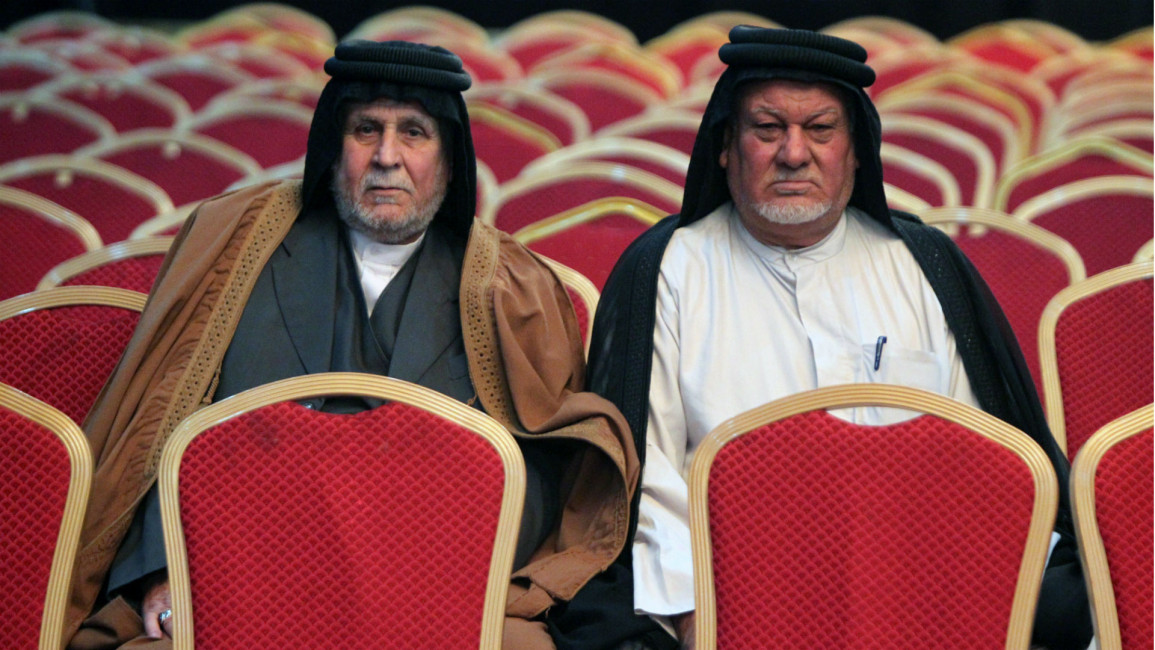Iraq tribe disowns IS-supporting members
The Iraqi Sunni tribe al-Ubaid has disowned 100 members of their clan after they pledged allegiance to the Islamic State group (IS, formerly Isis).
Tribal leaders vowed to punish the offending members according to the Turkish news agency Anadolu.
Tribal divisions
Sheikh Mal Allah al-Ubaidi is the leader of the tribe in Iraq's al-Anbar province and is also head of Khan al-Baghdadi, a city 90 kilometres west of Ramadi on the banks of the Euphrates.
Ubaidi announced today that those members affected include supporters of the group, and fighters who took part on attacks on security forces six months ago.
"The security forces killed over 30 members who fought along with the IS in the recent battles in northeast Baghdadi district. We are also looking for another 70 members from al-Ubaid tribe," he told Anadolu.
Meanwhile, Mahmoud al-Hasani al-Sarkhi, a Shia religious leader, described Iraq's Popular Mobilisation Forces, a collection of Shia militias that are on the frontlines in the fight against IS, as "Iran's totalitarian forces".
"[They] are founded on the basis of sectarianism and confessionalism for the purpose of fomenting infighting among the Iraqis," he said.
Sarkhi remarks were posted on his website, and he warned Iraqis to be aware of the "malicious intentions" of the Popular Mobilisation Units.
"[They] aim at stirring up division among the Iraqis and consolidating sectarianism."
Inner-opposition
Sarkhi is a political figure renowned for his opposition to the Iraqi administrations that were formed following the US occupation of the country.
His frequent criticisms of former prime minister, Nouri al-Maliki, culminated in bloody clashes with security forces that claimed the lives of many of his supporters.
It forced Sarkhi into hiding, although the religious leader has made occasional statements on his websites.
His attack on Iran’s role in aggravating sectarian divisions in the country, are the first to by a major Shia figure.
Iraqi militias, both Sunni and Shia, have been accused of human rights abuses.
This article is an edited translation from our Arabic edition.



